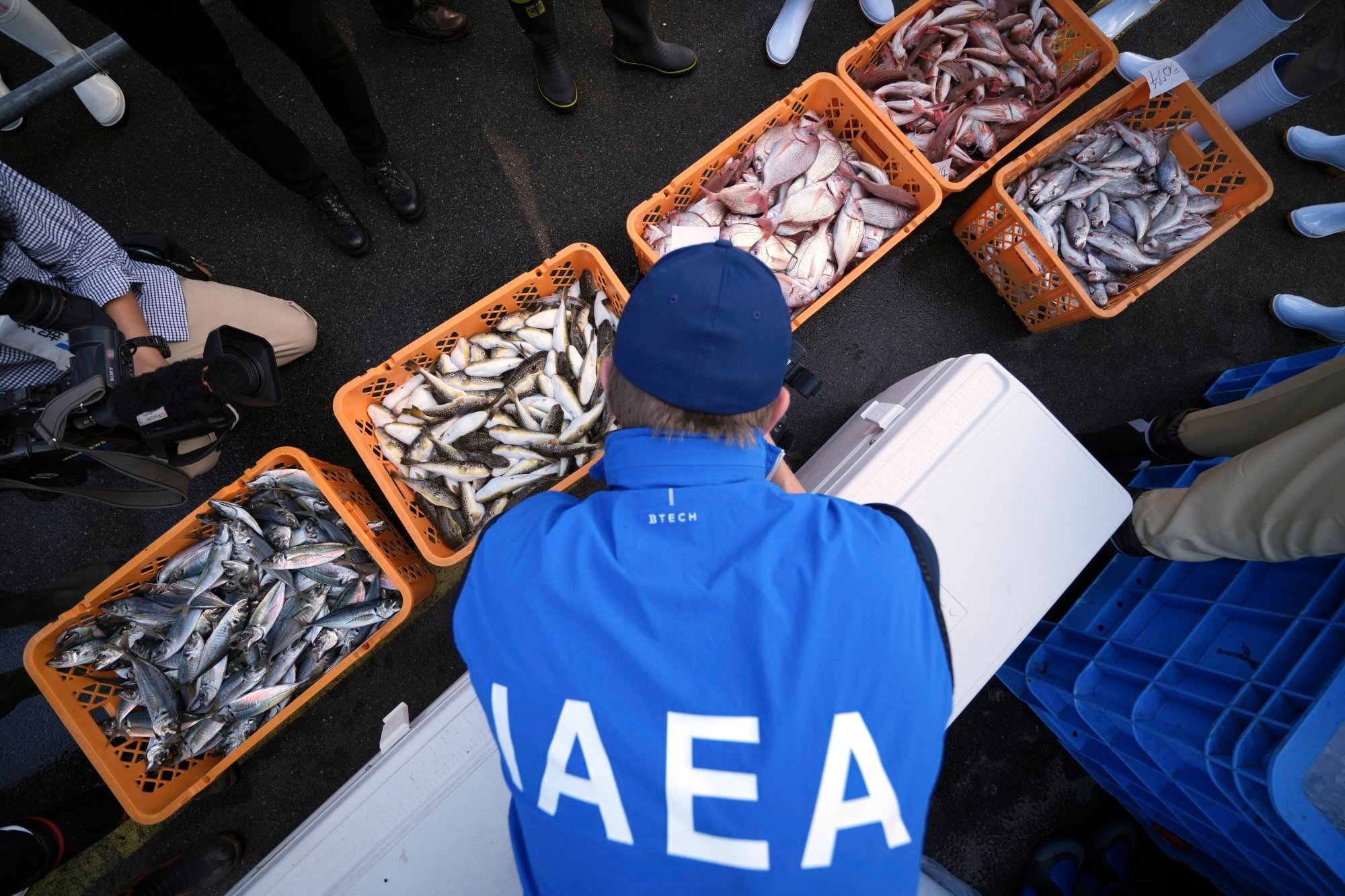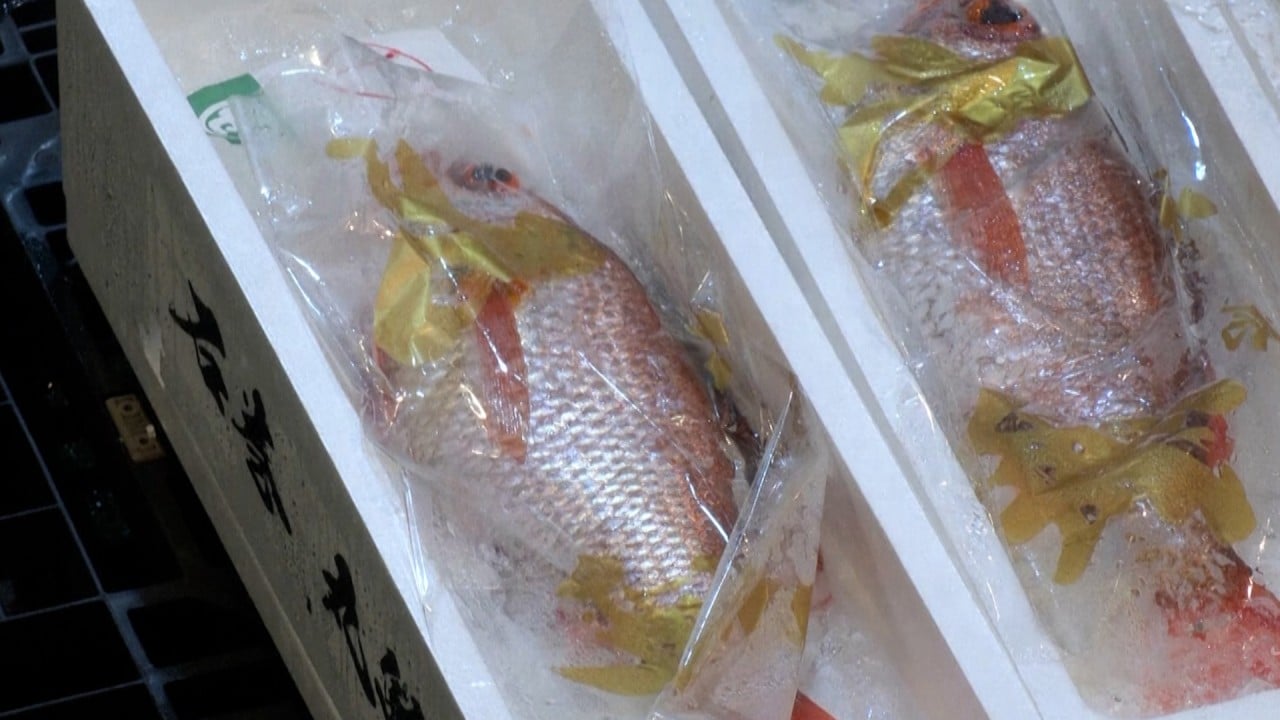
Malaysia wants its views on Fukushima waste water release heard – but won’t ban Japanese seafood
- Anwar Ibrahim said Malaysia was satisfied with the IAEA report on the release of treated waste water from the stricken Fukushima nuclear plant
- Defence and maritime security cooperation – and US$6.3 billion worth of investment – were also discussed during Japan PM Fumio Kishida’s visit
But he said he hoped that Tokyo would also bear in mind the views of other countries in the region, including Malaysia.

“While Japan has given its assurance that the release would have a negligible radiological impact on people and the environment, I have expressed my hope to Prime Minister Fumio Kishida for Japan to continue to take in the views and concerns we have expressed,” Anwar said in a joint statement on Sunday.
From late August, the utility company gradually began releasing 540 Olympic swimming pool-sized amounts of waste water stored at the Fukushima plant.
Japan has argued that the water being released is harmless and heavily diluted with seawater. It is also being released gradually over decades.
During their talks, the two leaders also agreed to promote bilateral defence and maritime security cooperation, with Kishida saying they had jointly decided “to accelerate adjustments towards the implementation of the OSA” – referring to Tokyo’s Official Security Assistance programme, which is aimed at helping boost deterrence capabilities partner countries.
Meanwhile, on investments, Anwar said Japan’s foreign direct investment commitment to Malaysia this year exceeded 30 billion ringgit (US$6.3 billion).
“This is a very impressive commitment from companies that are already investing in Malaysia. They have all committed to increasing, extending, and expanding their developments here,” he said.
Kishida said that Japan and Malaysia were strategic partners in the region and had been working closely in the name of peace and stability.
Kishida told his Malaysian counterpart on Sunday that he hopes to come up with a “new vision of cooperation” at the summit, while Anwar expressed optimism on the future of Japan-Asean relations, according to the Japanese government.


